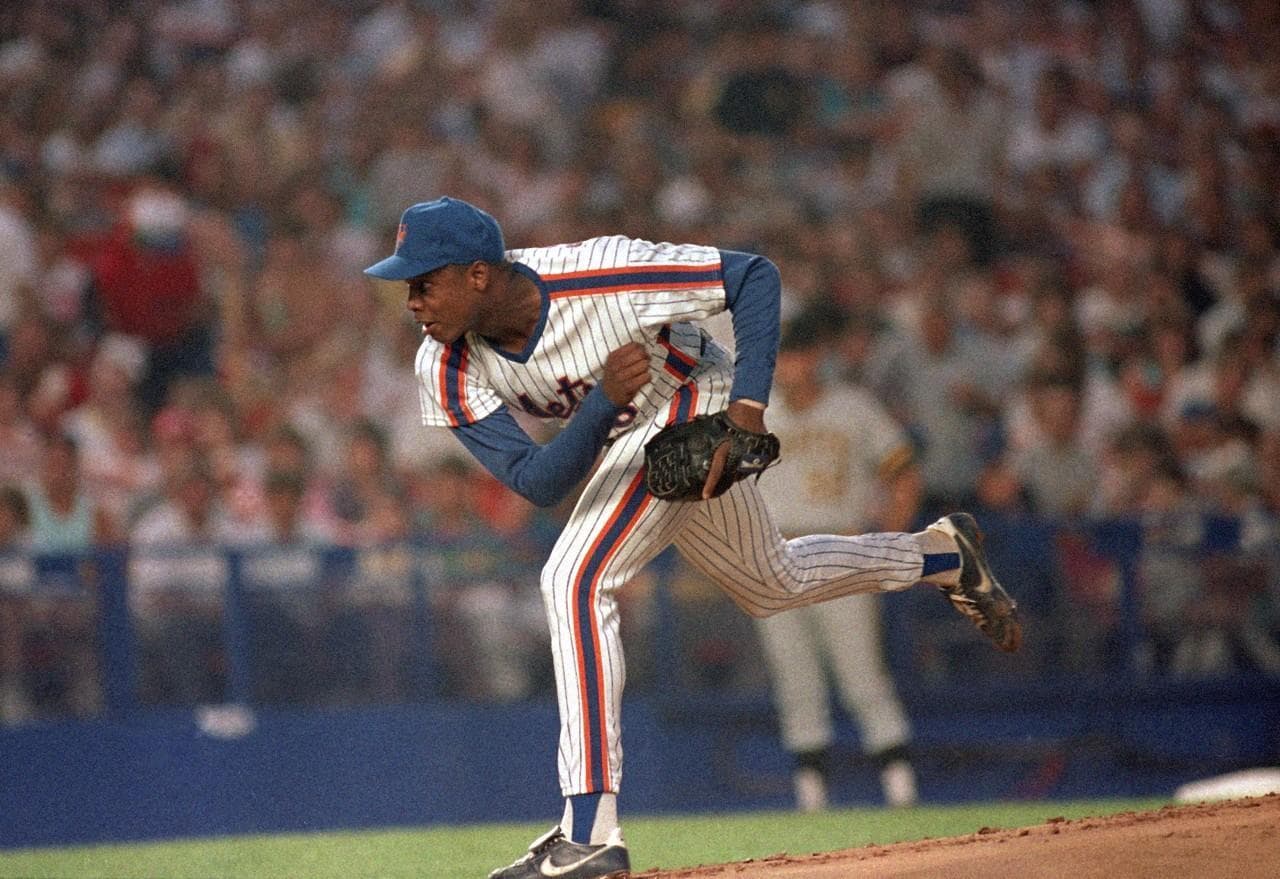Dwight “Doc” Gooden’s story is a captivating blend of baseball triumph and personal struggles. His journey, from a young pitching prodigy to a seasoned entrepreneur, offers valuable insights into the unpredictable nature of fame, fortune, and the resilience of the human spirit. This article delves into his financial trajectory, his current endeavors, and his lasting legacy within the world of baseball.
The Rise and Fall of Dr. K’s Fortune
Dwight Gooden’s rise to stardom was meteoric. Drafted by the New York Mets in 1982, he quickly captivated fans with his remarkable pitching prowess, earning the nickname “Dr. K.” His Cy Young Award at the age of 20 in 1985 and his crucial role in the Mets’ 1986 World Series victory solidified his place as a baseball icon. By 1989, he was baseball’s highest-paid player, signing a three-year, $6.7 million contract. His career earnings likely totaled over $36 million.
However, Gooden’s career took a downturn as he battled substance abuse and legal issues. These struggles not only impacted his performance on the field but also took a toll on his finances. Today, his net worth is estimated to be around $300,000, a stark contrast to the millions he earned during his playing days. This dramatic shift underscores the importance of financial planning and the potential long-term consequences of personal struggles. There is ongoing research that examines how athletes, often intensely focused on their sport, may struggle with financial management during and after their careers. This phenomenon isn’t exclusive to athletes; it highlights the crucial need for financial guidance and support systems for individuals in high-pressure, high-income professions.
Life After Baseball: Building a Brand and Connecting with Fans
Today, Dwight Gooden is reinventing himself as an entrepreneur and brand ambassador. He founded and runs GoodenBrand LLC, a company involved in e-commerce, brand marketing, and public appearances. This venture allows him to leverage his iconic status to build a business while maintaining a connection with his fans. He actively engages with fans through meet-and-greets and autograph sessions across the country, providing opportunities for both reminiscing about past glories and forging new connections.
In a particularly poignant moment, the Mets retired his number 16 jersey on April 14, 2024. This ceremony not only honored his contributions to the team but also highlighted his ongoing relationship with the Mets community and his enduring legacy.
Dwight Gooden’s MLB Earnings: A Cautionary Tale
Gooden’s peak salary reached $5.9 million in 1993-94 with the Mets, as part of a groundbreaking three-year, $15.45 million contract. While these earnings placed him among the highest-paid players of his time, his current financial situation serves as a cautionary tale about the importance of long-term financial planning. Factors such as legal battles and substance abuse struggles likely contributed to the decline of his wealth. His story is a reminder that financial security, even for those who achieve great success, can be fragile and requires ongoing attention. Wondering about the Dule Hill net worth? Or curious about Dustin Hoffman net worth? These stories, like Gooden’s, offer glimpses into the complex financial realities of individuals in the public eye.
The Hall of Fame Question: A Legacy of Complexity
The question of Dwight Gooden’s Hall of Fame worthiness is a complex one. His early career achievements, including a Rookie of the Year award, a Cy Young Award, and a World Series title, suggested a trajectory towards Cooperstown. However, his later struggles with substance abuse and the resulting impact on his career performance complicate the narrative.
While his statistical achievements are impressive, the Hall of Fame considers more than just numbers. Character and off-field conduct play a role in the selection process. Some argue that Gooden’s off-field issues should disqualify him, while others believe his on-field brilliance should be the primary focus. His low vote share (3.3%) in the 2006 Hall of Fame ballot, falling short of the 5% threshold, suggests that voters at that time prioritized his off-field struggles.
Gooden’s induction into the New York Mets Hall of Fame in 2010 recognizes his significant contributions to the franchise. While this honor signifies his lasting impact on the Mets, it doesn’t equate to induction into the National Baseball Hall of Fame. The debate surrounding his Hall of Fame worthiness is likely to continue, reflecting the complex considerations involved in evaluating a player’s legacy. “I think about what could have been,” Gooden remarked, reflecting on David Ortiz’s Hall of Fame induction, perhaps hinting at his own unfulfilled potential.
Conclusion: A Story of Resilience and Reinvention
Dwight Gooden’s story is more than just a tale of financial highs and lows. It’s a testament to the human capacity for resilience and reinvention. While his current net worth may not reflect his past earnings, his ongoing efforts to build a business, connect with fans, and maintain sobriety suggest a focus on personal growth and a commitment to creating a positive future. His journey is a reminder that true wealth encompasses more than just financial success; it includes the courage to overcome adversity and the determination to build a life of purpose and meaning.










